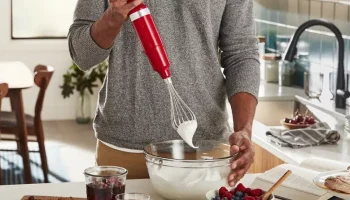Having a personal swimming pool is wonderful, especially in the summer, although here in New Zealand it is highly unlikely that the pool is ever going to get warm enough naturally from sunlight, to be a comfortable temperature, even on really hot sunny days. This obviously means that some sort of heating is going to be required, unless you enjoy shivering and having your skin turn blue. There are a variety of options available to heat the water, as well as simple ways to reduce your pools heat loss too.
Preventing Heat Loss
Regardless of location, all pools lose heat through evaporation, and on windy days, for outdoor pools it can reach as high as 75% of the heat lost. One simple solution is to use a pool cover, a thin thermally efficient blanket, which can be rolled back when you want to use the pool. As more wind means more evaporation, and with it more heat loss, another good idea is to provide some sort of shelter to the area surrounding the pool, to reduce the amount of wind striking the surface of the water, such as a fence, or bushes and plants. Building standards require the construction of pools to be done as thermally efficient as possible, as the next biggest loss after evaporation is losing heat to the ground.
Heating the Water
Your local pool heater company will have a variety of options for you to choose from, but remember that the cheapest option to install, may not be the cheapest option to run, so the choice you make now, can end up costing a lot of money down the road. Electric really is not an option for anything larger than a hot tub as it is very inefficient. One option that may initially appear quite attractive is the use of solar power, which is environmentally friendly and effectively free to run once installed. Solar has one major drawback though, in that it requires sunlight to be able to function effectively, so on those overcast days when you need the heat in the pool the most, your solar is unable to deliver, meaning you really need another option, at least as a back-up.
Traditional heating systems using gas or fuel are becoming less common, as they use about five Kilowatts of energy, to produce one Kilowatt of heat into the water, meaning if you have a good sized pool, you are going to have a rather nasty heating bill. The preferred option seems to be the pool air source heat pump, which is astoundingly efficient. The exact opposite of the gas and fuel systems, it can generate five Kilowatts of heat for just one Kilowatt of energy, although it will take a couple of days to bring the pool to a cosy temperature. While it doesn’t actually generate any heat itself, it extracts heat from the outside air and pumps it into the water, working well in any temperatures over about ten degrees Celsius.
Aside from being so efficient, they are simple to operate and extremely long lasting, making them by far the best option for keeping your pool warm for more of the year, at exceedingly low costs.





